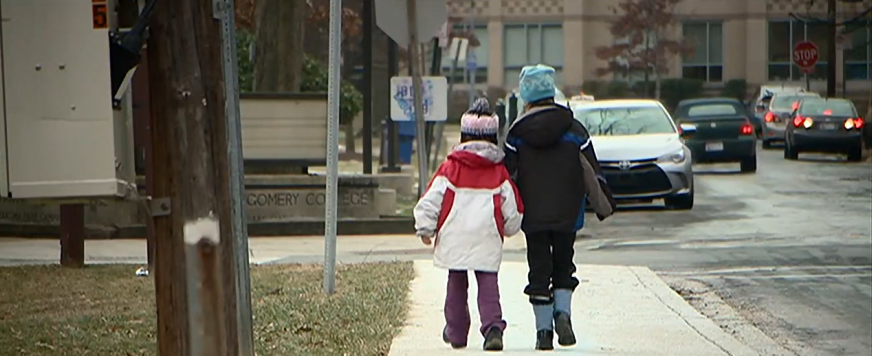WASHINGTON — Kids might not gravitate toward financial management discussions, but starting the lessons early will leave them better prepared for life in the real world.
Janet Bodnar, editor of Kiplinger’s Personal Finance, says parents shouldn’t be overwhelmed. The lessons can start small with impromptu discussions and games.
“The kind of things you talk about with your kids when they’re in the car … or you’re going to the grocery store. Or, you know, helping them open a savings account at the bank. Playing games, money games, like Monopoly or the Game of Life,” says Bodnar.
Even an allowance can make a big early impact on their understanding of money.
“You don’t have to tell them how the Federal Reserve works.”
When it comes to allowance, Bodnar says the decision lies with the parent. They can require their children to save, or they can leave the decision up to them.
But, Bodnar warns, some kids find saving almost too easy.
“Some kids are just natural savers. I mean, you got to force them to spend money because they’ll put it all inside and that’s not particularly healthy either.”
Staying candid about family finances is more helpful than trying to shelter children, says Bodnar. Including them on the realities of bills gives them a realistic idea of financial planning and prevents their imaginations from running wild.
College should also be part of the discussions. Bodnar reports that in the 2015 Teens & Personal Finance Survey, nearly half of teens thought their parents would pay for college, while only 16 percent of parents said they planned on contributing. The realities of college and finances need to be clear so the family can adequately prepare.





